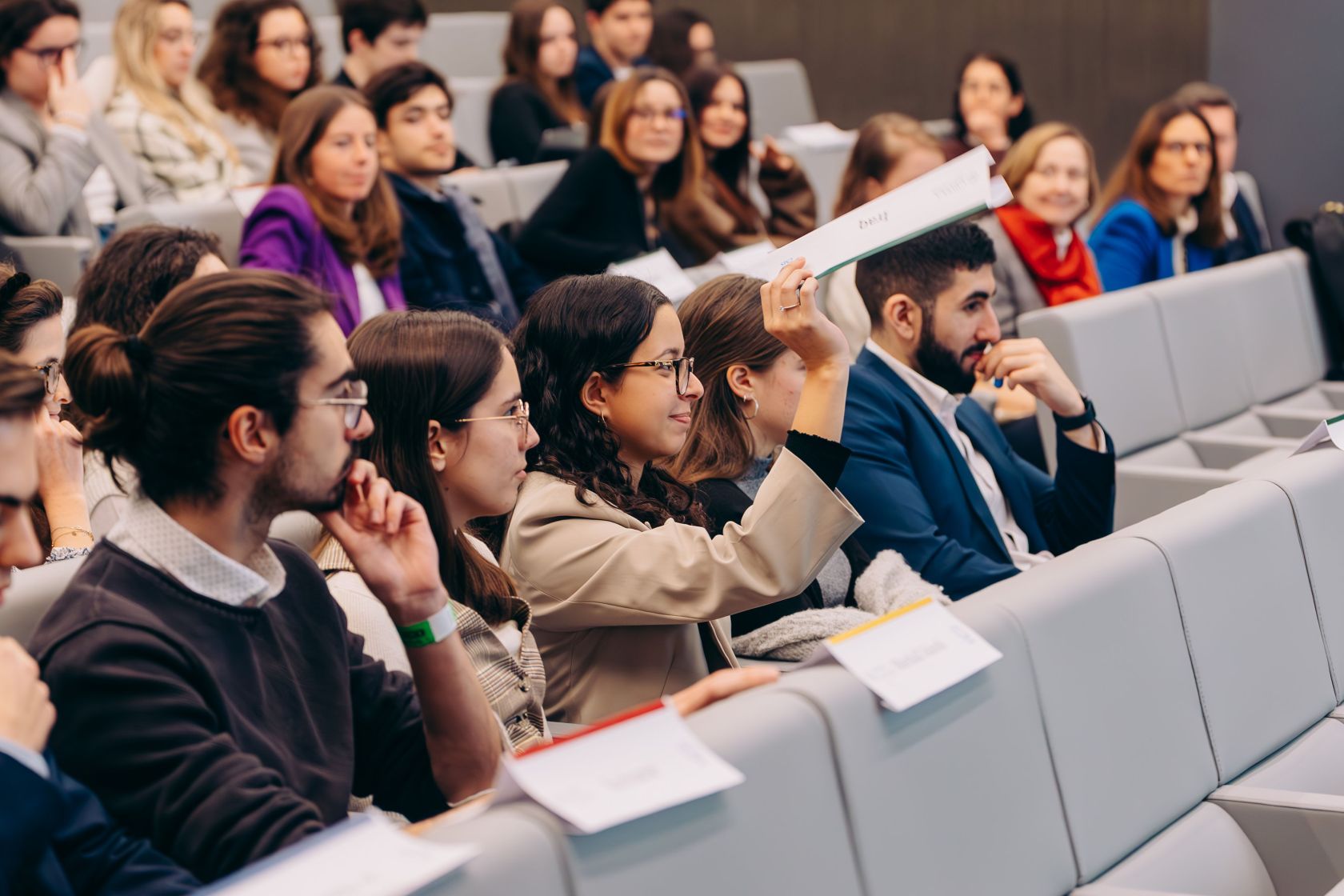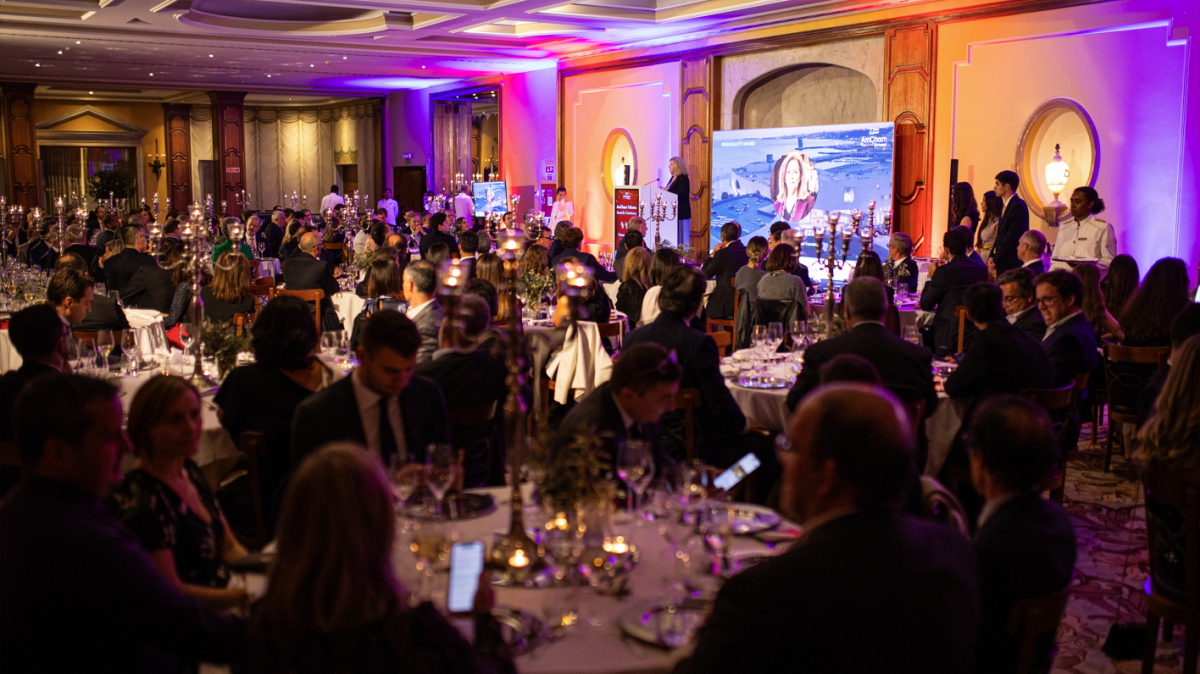The theme, “Ensuring Health Care Access in Zones of Conflict,” transcends the field of medical sciences, extending into geopolitics, international relations, journalism, international humanitarian law, and beyond. University students can apply until May 10th via the MyMUN site: https://mymun.com/conferences/cms-model-who-2025
Participants of CMS Model WHO 2025 will have the opportunity to take on the roles of diplomats in the WHO Committee. Representing one of 50 available countries, they will advocate for healthcare, address medical supply shortages, ensure the safety of health workers in conflict zones, manage disease outbreaks in displacement camps, and work toward consensus—culminating in a resolution that will be presented to Portugal’s National Health Authority (DGS).
Additionally, participants can join the WHO Newswire Committee to document the conference as journalists. Representing one of six different news outlets, they will capture the energy, debates, and key moments that make the event unforgettable. From writing articles to managing social media, shaping the narrative, conducting interviews, and hosting press conferences, journalists will play a vital role in bringing the conference to life.

The CMS Model WHO conference is organized by the CMS Model WHO Society, a student-led non-profit association founded in July 2024 by a group of medical students at Católica Medical School. Aware of the transformative role that Model United Nations and Model World Health Organization conferences play in shaping well-rounded healthcare professionals, they created this initiative to bring the experience to Portugal.
The CMS Model WHO Society partnered with the UNA Portugal, a member of the World Federation of United Nations Associations, to ensure the adoption of authentic WHO protocols and rules of procedure.
Católica Medical School, the first private medical school in Portugal, will proudly host the event—setting the stage for innovation and global collaboration. The main sponsor, Centro Académico Clínico – Católica Luz, plays a crucial role in guaranteeing an international perspective by supporting the participation of committee chairs from three different continents.
Within the Model United Nations community, the conference is supported by several key partners, including MUNTUM, MaltMUN, TEIMUN, LSL MUN Society, SevIMUN, Club de Debate UPO and the Lit&Deb Society. Additional support comes from various student associations, such as CatólicaMedSU, AAIEP, AEFCH, and AADUCP.

The conference will closely follow official United Nations World Health Organization protocols, providing participants with a high-level academic experience. In preparation for the two-day simulation, delegates will attend online training workshops and expert briefings, to equip them with the knowledge and skills necessary for effective participation.
Across the event’s two days, attendees can expect intense debate, diplomatic negotiation, and policy drafting, but also opportunities for networking, cultural exchange, and enjoying Portuguese cuisine and summer weather.
The delegate participation fee is €55, which includes access to all pre-conference workshops, study guides, round-trip transportation from Lisbon through Oeiras to CMS, coffee breaks, meals, a delegate welcome pack, and entry to social events. Observers may attend for €22, with access to committee sessions as spectators, though they will not take part in debates or socials.

To celebrate outstanding contributions, six awards will be presented at the closing ceremony:
● Health Advocate Award
● Diplomacy Award
● Public Speaker Award
● Best Delegation Award
● Best Position Paper Award
● Best Press Award
Students from around the world are invited to join CMS Model WHO 2025 this June—an event where global health, diplomacy, and leadership converge.
Further details about the conference and the CMS Model WHO Society can be found on Instagram (https://www.instagram.com/cmsmodelwhosociety?igsh=Y2V4OGw2MHo4ZnU4) and on the Website (https://fm.ucp.pt/about-overview/cms-model-who-society).















